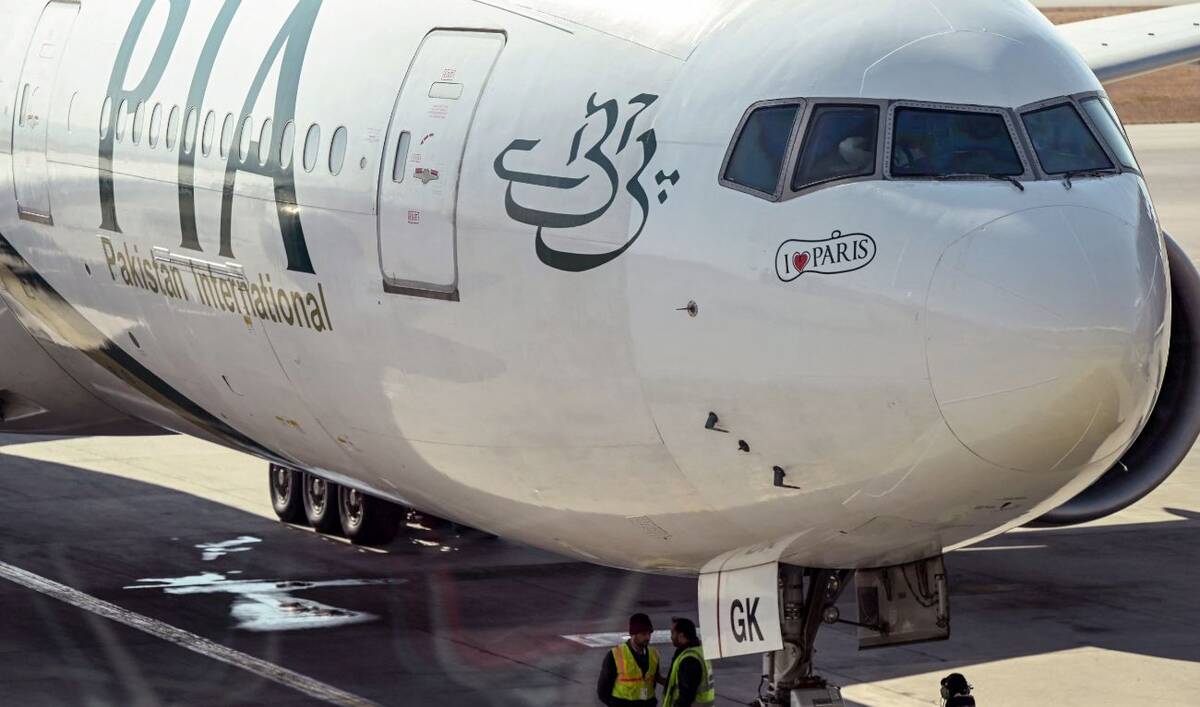KARACHI: Pakistan faces a “serious” risk of Antimicrobial resistance (AMR), which refers to the ability of bacteria, viruses and parasites to develop the capability to fight drugs designed to kill them, health experts warned this week, citing indiscriminate prescription of antibiotics by health practitioners as the main reason.
According to the World Health Organization (WHO), bacterial AMR was directly responsible for an estimated 1.27 million deaths worldwide in 2019 and contributed to 4.95 million deaths indirectly. The misuse and overuse of antimicrobials in humans, animals and plants are the main drivers in the development of drug-resistant pathogens. the international organization says.
Pakistani health care stakeholders say a serious risk of drug-resistant microbes exists due to Incentive-Linked Prescribing (ILP), the practice of doctors and physicians receiving personal benefits or incentives from pharmaceutical companies for prescribing specific medications.
They also cite over-the-counter (OTC) sales of antibiotics and self-medication as reasons for the emergence of drug-resistant microbes.
“90 percent of private doctors meet pharmaceutical sales representatives on a weekly basis, and that accepting or seeking out incentives is normalized in Pakistan,” a recently compiled report by The Aga Khan University and London School of Hygiene and Tropical Medicines, said.
The report said 40 percent of these doctors agreed to accept incentives and prescribe medicines to patients. The doctors agree to prescribe medicines due to financial pressures and inadequate consequences for breaking rules in the country, it added.
The UN’s Interagency Coordinating Group on AMR has estimated that by 2050, the AMR could result in the deaths of 10 million people worldwide.
Dr. Abdul Ghafoor Shoro, Pakistan Medical Association’s (PMA) general secretary who is also a member of the Sindh Healthcare Commission, acknowledged that certain doctors, due to conflict of interest, were engaged in prescribing antibiotics and other medicines to increase sales of pharmaceutical companies.
This, he said, they do in exchange for gifts, offers to go on tours and other financial benefits.
“Many people are involved, so when you take monetary benefit, you try to pay back,” Dr. Shoro told Arab News. “But in this case, only patients pay back and suffer.”
Shoro said the resistance level in tuberculosis cases in Pakistan has increased from MDR (multi-drug resistance) to XDR (extensively drug-resistant) while in cases of typhoid, the resistance level has also increased to XDR.
The world witnessed its first case of XDR typhoid in late 2016 in Pakistan’s Sindh province.
“You have limited availability of antibiotics and going forward, all [diseases] will be resistant which would be a big problem,” Dr. Shoro warned.
The PMA official also blamed the presence of around 600,000-800,000 “quacks“— a term frequently used to refer to someone who practices medicine without necessary qualifications, skills, or training— in Pakistan for the indiscriminate use of antibiotics.
“The big issue is that they don’t have the knowledge themselves about its usage,” Dr. Shoro said. “What they do is that they prescribe antibiotics one day and change [it] another day.”
The head of the National Institute of Health (NIH) in Pakistan also recognized AMR as a significant public health problem, warning of a “serious burden of multi and multi-drug resistance organism, particularly in hospitals or health care settings.”
“There are reports of complicated surgeries due to resistant organisms,” Muhammad Salman, acting executive director of the NIH, told Arab News this week.
“And then other health care-associated infections such as ventilator-associated pneumonia, blood stream infections, catheter-associated infections, and urinary tract infection.”
Dr. Salman said that in communities, it has been observed that diseases similar to XDR typhoid are endemic in Pakistan. “So that actually reflects that the problem is actually very serious in Pakistan.”
NIH, which is responsible for researching and monitoring Pakistan’s health status, is working on a National Action Plan (NAP) developed in 2017 in line with global objectives to contain AMR.
“AMR containment is a rather difficult task,” Dr. Salman admitted, adding that more efforts had been put in extracting evidence of AMR’s presence in the past five to six years.
He said collecting evidence was critical as it would generate sufficient evidence to reflect and would help in advocating for more investment to contain AMR.
When asked to comment on the conflict-of-interest allegations related to health practitioners in Pakistan, Dr. Salman said the institute lacks sufficient evidence.
“But there are practices, especially unnecessary prescription practices of antibiotics, by the doctors and physicians, both in private and in public sectors,” he conceded.

















